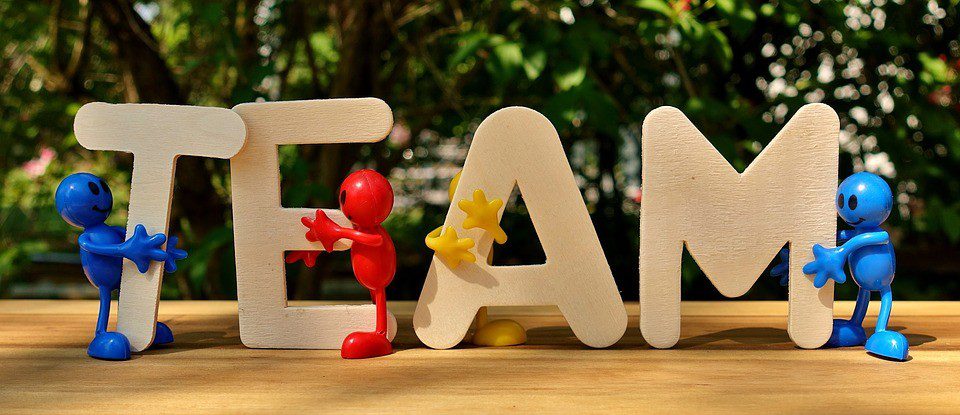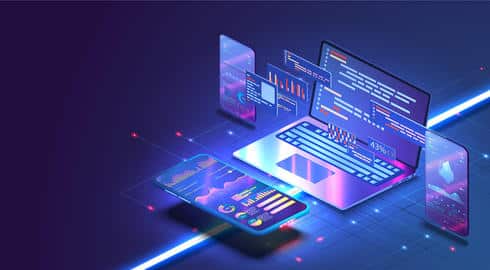Computer Science may appear to be a fairly dry degree at first look. Most people expect it to be heavy on theory and math, which it is to some extent. Having said that, there are a number of things I’d want to share with you that I’ve learned in and out of the classroom.
1. Problem-solving skills
To better comprehend theories in Computer Science, we often break them down or analogize them to something in the real world. We also break down our programming difficulties into manageable chunks and code them one at a time. The problem, however, does not end there. We must also indent and annotate our code so that anyone who reads it may understand how each piece of code works. In essence, computer science is the process of breaking down larger objects into smaller components. The course is sharpening my analytical skills, which have helped me in my day-to-day life. I’m better able to see people’s blind spots and see the hidden fundamental causes of problems. This has aided me in resolving interpersonal issues and confrontations, as well as assisting others in comprehending the truth of their position. I can also see how having clarity in my language while speaking with others is important in avoiding misunderstandings and animosity.
2. Working together

Being a Computer Science student entails taking part in group projects. Working in a group isn’t always fun because you don’t always get the individuals you want or can get along with. Some persons and personalities may even irritate you. Some of them may be completely unfamiliar to you. Regardless, as someone who has worked on a number of group projects, I can attest to the significance of compromise and the ability to communicate without allowing emotions to control your actions. These projects have taught me to respect my colleagues and their various strengths, as well as to accept our differences in order to work toward the project’s success. My school chooses our partners to show how, just like in the real world, we must learn to cooperate with people from widely varied backgrounds. Being unable to get along with someone is no excuse for mistreating them or gossiping about them behind their backs. Respect is due to all individuals.
3. Organizing Time

As anyone who has ever coded can confirm, coding takes a long time. Things don’t always go as planned, and there’s still a lot of debugging to be done after you’ve finished coding. There’s also no way to predict which issues you’ll find or how long it’ll take to fix them. Being aware of all of this has aided me in becoming a better time manager and planner. In order to make my deadlines, I learned to account for time for unanticipated complications in all of my work. In order to be more productive, I also learned to better manage my energy and time. For example, I know I am more productive at night, so I set aside more time at night to study and revise. This has caused a shift in my lifestyle, and I am now significantly more organized than I was before taking this course.
4. Adaptivity
Many of our ideas aren’t entirely unique. Even movie scripts and book characters have been reused numerous times. The same principle holds true when it comes to coding. Anyone who has an idea for a program has almost certainly already written it. When developers are stuck, they can look at other people’s code for help. As a Computer Science student, I’ve looked at a lot of other people’s code, namely through my professors, classmates, and the internet. As a result, I’ve got to figure out where I can get different types of code and how to adapt it to my needs. We must also cite our sources, and plagiarism is prohibited, so learning how to be resourceful by obtaining code from reliable sources and being flexible by understanding what adjustments to make is essential.
Conclusion
Computer Science is a discipline from which one can expect to get a great deal of knowledge. I’m thankful to have learned so much outside of the classroom, from problem-solving to being more resourceful. These were certainly surprising takeaways since I expected Computer Science to mostly teach me how to code, yet it did so much more.
Related online services:
IBDP Computer Science Tuition
A-Level Computer Science Tuition








